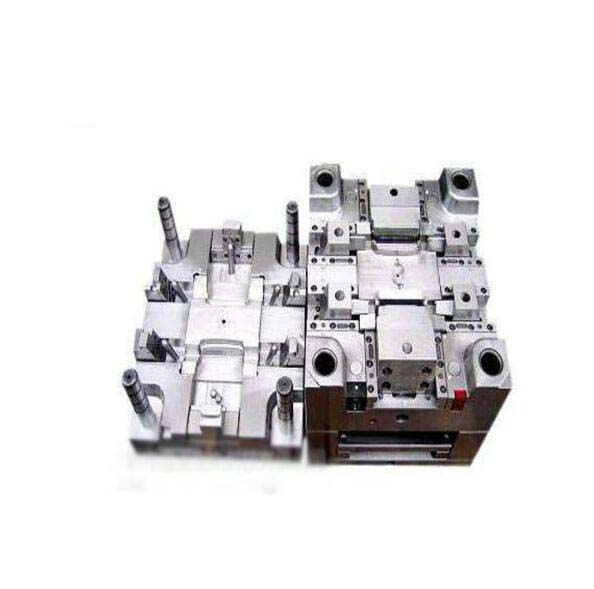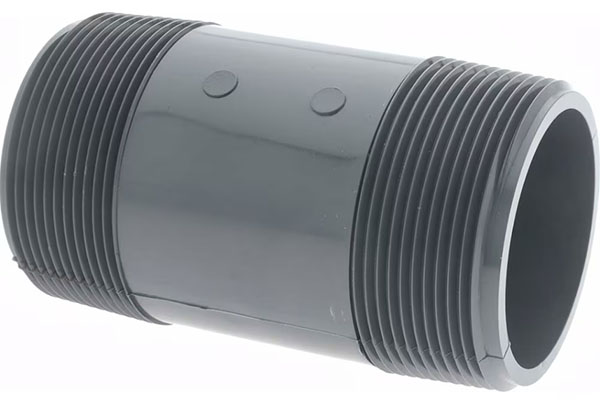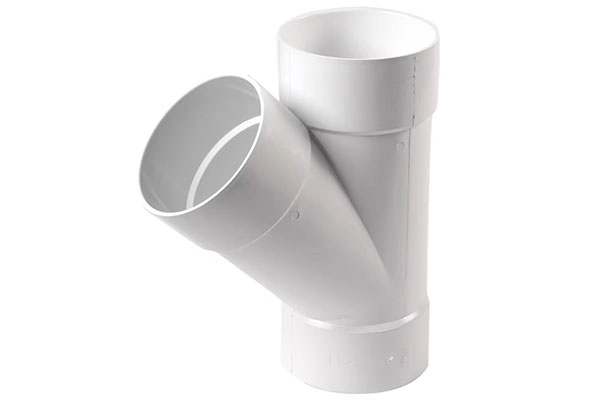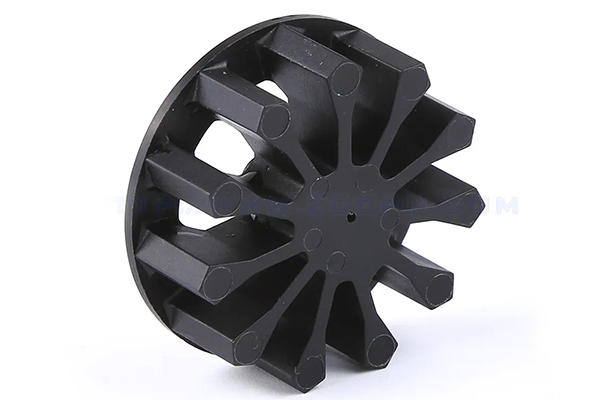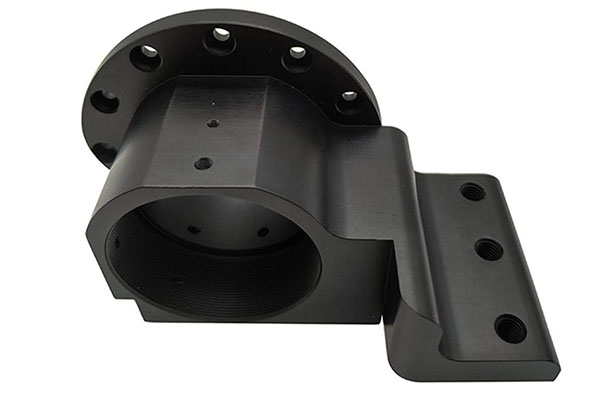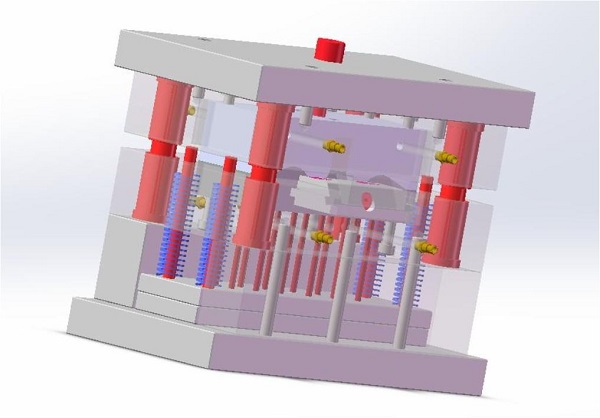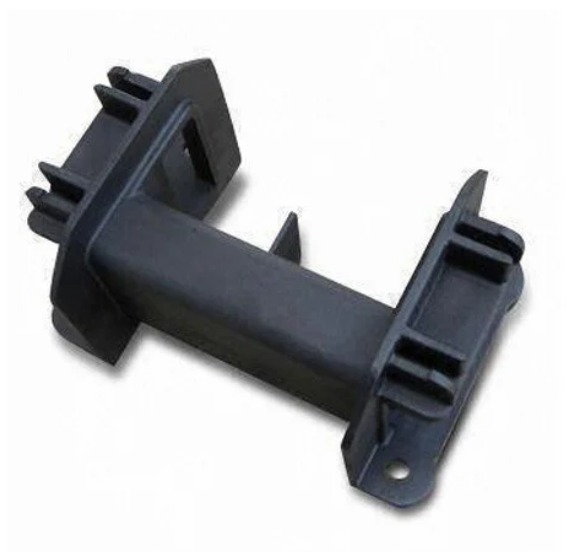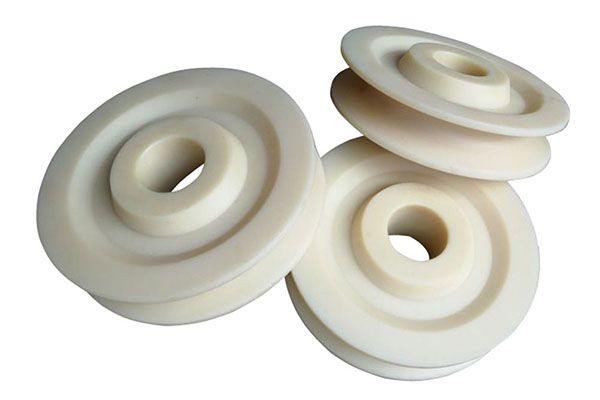Introduction
In the world of manufacturing, finding the right injection molding manufacturers near you can be a game-changer. Whether you're a small - scale entrepreneur with a brilliant product idea or a large - scale industry looking to outsource some production, the proximity and quality of injection molding manufacturers matter significantly.
Local injection molding manufacturers offer several advantages. Firstly, shorter lead times are possible. With a nearby manufacturer, you can reduce transportation time, which means faster production and delivery of your plastic parts. This is especially crucial when you're on a tight schedule or need to respond quickly to market demands. For example, if you're in the consumer electronics industry and need to quickly produce new casings for a hot - selling device, a local injection molding manufacturer can get the job done in a timely manner.
Secondly, communication becomes much easier. Visiting the manufacturing facility in person to discuss design details, quality control, and production schedules is more convenient when the manufacturer is close by. You can have face - to - face meetings, inspect the production process, and address any issues immediately. This level of interaction can lead to better - quality products and a more successful business partnership.
1. Define Your Requirements
Before you start searching for injection molding manufacturers near you, it's essential to have a clear understanding of your requirements. This will help you narrow down your options and find the most suitable manufacturer.
1.1 Product Specifications
The specifications of your product play a crucial role in choosing the right injection molding manufacturer. Dimensions are a primary consideration. If your product has precise and complex dimensions, you need a manufacturer with advanced equipment and skilled technicians to ensure that the final product meets the required tolerances. For example, in the production of small electronic components, the dimensions might need to be accurate within a few microns. A manufacturer with high - precision injection molding machines and quality control systems can handle such requirements.
The shape of the product also matters. Intricate and unique shapes may require specialized molds and manufacturing techniques. A manufacturer experienced in handling complex shapes will be able to design and produce the molds efficiently, reducing production time and cost. For instance, products with undercuts or thin - walled sections demand a higher level of expertise in mold design and injection molding processes.
Precision is another key factor. High - precision products, such as medical devices or aerospace components, need manufacturers with strict quality control measures and advanced inspection equipment. These manufacturers can conduct in - process and post - production inspections to ensure that each part meets the exact precision requirements.
1.2 Production Volume
Your production volume is a significant determinant when choosing an injection molding manufacturer. If you have a low - volume production requirement, say a few hundred to a few thousand parts, you might look for a manufacturer who can offer flexibility. Small - to - medium - sized manufacturers are often more adaptable to low - volume production runs. They may have lower minimum order quantities (MOQs) and can provide more personalized service. This allows you to test the market with a limited production run without incurring high costs.
On the other hand, for high - volume production, large - scale manufacturers with high - capacity injection molding machines and efficient production lines are more suitable. These manufacturers can produce large quantities of parts in a shorter time, taking advantage of economies of scale to reduce the per - unit cost. For example, if you need to produce hundreds of thousands or even millions of plastic parts for a consumer product, a large - scale manufacturer can meet the demand while keeping the production cost down.
1.3 Material Preferences
There are various materials used in injection molding, and your material choice is closely related to the manufacturer's processing capabilities. Polyethylene (PE) is a common and versatile material, widely used in packaging, toys, and household items. It is easy to process and has good chemical resistance. A manufacturer experienced in processing PE will be able to optimize the injection molding parameters to ensure high - quality production.
Polypropylene (PP) is another popular material known for its high melting point, good stiffness, and resistance to fatigue. It is often used in automotive parts, food containers, and medical devices. Manufacturers who are proficient in working with PP can handle its specific processing requirements, such as proper cooling and mold design to prevent warping.
ABS (Acrylonitrile Butadiene Styrene) is a tough and rigid material, suitable for applications like electronics enclosures, automotive interior parts, and toys. It requires careful temperature control during the injection molding process. A manufacturer with expertise in ABS processing will know how to manage the material's flow characteristics and avoid issues like sink marks and poor surface finish.
When considering your material preferences, make sure the injection molding manufacturer you choose has the necessary experience and equipment to process the material effectively.
2. Research Methods
Once you have a clear understanding of your requirements, it's time to start the search for injection molding manufacturers near you. Here are some effective research methods.
2.1 Online Search
The internet is a powerful tool for finding injection molding manufacturers. Start with a simple search on popular search engines like Google. Use specific keywords such as "injection molding manufacturers near [your location]" or "local injection molding companies". This will provide you with a list of potential manufacturers in your area.
2.2 Industry Directories
Industry directories are comprehensive listings of companies within a particular industry. In the injection molding field, directories like the Plastics News Buyer's Guide and the GlobalSpec Industrial Directory are highly useful.
To use an industry directory effectively, first, locate the injection molding section. Then, you can search by location, company size, or the specific services you need. For instance, if you're looking for a manufacturer that specializes in high - precision injection molding, you can use the search filters to narrow down the results. When screening manufacturers from directories, pay attention to their customer reviews and ratings if available. A high - rated manufacturer is more likely to provide quality services. Also, check if they have any certifications, such as ISO 9001, which indicates their commitment to quality management systems.
3. Evaluate Potential Manufacturers
Once you have a list of potential injection molding manufacturers near you, the next step is to evaluate them thoroughly. This evaluation will help you determine which manufacturer is the best fit for your specific requirements.
3.1 Experience and Expertise
Experience is a valuable asset in the injection molding industry. A manufacturer with a long - standing presence in the market is likely to have encountered and solved a wide range of challenges. Look for manufacturers that have been in business for several years. For example, a manufacturer with over 10 years of experience is more likely to have the know - how to handle complex injection molding projects.
You can also assess their expertise by looking at their past projects. Request case studies or examples of products they have produced. If you're in the automotive industry, for instance, a manufacturer that has successfully produced automotive interior parts, such as dashboard components, has the relevant expertise in dealing with the specific requirements of that industry, like high - heat resistance and durability. Additionally, check the industries they typically serve. A manufacturer that caters to multiple industries may have a broader skill set and be more adaptable to different product requirements.
3.2 Equipment and Technology
The equipment and technology used by an injection molding manufacturer have a direct impact on the quality and efficiency of the production process. Advanced injection molding machines are crucial. High - precision machines can produce parts with tighter tolerances, ensuring that your product meets the exact specifications. For example, some modern injection molding machines are equipped with servo - hydraulic systems, which offer better control over injection speed, pressure, and temperature, resulting in more consistent product quality.
Automated equipment can also significantly improve production efficiency. Automated material handling systems can reduce the time spent on loading and unloading materials, while robotic arms can handle the removal of finished products from the molds with precision and speed. This not only speeds up the production process but also reduces the risk of human error.
In addition, manufacturers that invest in the latest technology, such as 3D printing for rapid prototyping or simulation software for mold design optimization, are more likely to provide innovative solutions and shorter lead times. 3D printing allows for the quick creation of prototypes, enabling you to test and refine your product design before full - scale production. Simulation software can help in predicting potential molding issues, such as warping or filling problems, and allows for adjustments to the mold design to prevent these issues.
3.3 Quality Control Measures
Quality control is a non - negotiable aspect when choosing an injection molding manufacturer. A reliable manufacturer will have a comprehensive quality control system in place. This system should include inspections at every stage of the production process, from raw material inspection to final product testing.
For raw materials, the manufacturer should have strict incoming inspection procedures. They should verify the quality of the plastic pellets, ensuring that they meet the required specifications in terms of material properties, such as melt flow index and tensile strength. During the injection molding process, in - process inspections should be carried out regularly. Operators should check for defects like flash, short shots, or sink marks and make immediate adjustments to the process parameters if necessary.
After the products are molded, final product testing should be rigorous. This may include dimensional inspections using precision measuring equipment like coordinate measuring machines (CMMs) to ensure that the parts meet the design dimensions. Functional testing should also be conducted if applicable. For example, if the product is a plastic valve, it should be tested to ensure that it can perform its intended function of controlling fluid flow properly. The manufacturer should also have a system for handling non - conforming products, including rework or scrap procedures.
3.4 Cost and Pricing Structure
Cost is an important factor, but it should not be the sole determinant when choosing an injection molding manufacturer. First, understand the cost components involved. The cost of injection molding typically includes the cost of raw materials, machine usage, labor, tooling (mold cost), and overhead expenses.
When comparing quotes from different manufacturers, look beyond the total price. Some manufacturers may offer a lower initial price but have hidden costs. For example, they may charge extra for mold changes, tooling maintenance, or expedited production. Request a detailed breakdown of the cost structure. A transparent manufacturer will provide you with a clear list of all costs, including material costs, processing fees per hour or per part, and any additional charges.
Also, consider the long - term cost implications. A manufacturer that offers higher - quality products may have a slightly higher upfront cost but can save you money in the long run by reducing the number of defective parts, minimizing rework, and ensuring product durability. For example, if a lower - cost manufacturer produces a high percentage of defective parts, you'll have to spend more on quality control, replacement parts, and potential customer returns, which can ultimately increase your overall costs.
4. Yigu Technology's View
As a non - standard plastic metal products custom Supplier, Yigu Technology believes that when seeking injection molding manufacturers, several key aspects should be considered. Technologically, manufacturers must stay updated with the latest advancements. This includes using high - precision injection molding machines to ensure dimensional accuracy, and having simulation software for efficient mold design.
In terms of service, excellent communication is fundamental. From the initial design phase to after - sales support, clear and prompt communication can prevent misunderstandings and ensure smooth production. A manufacturer should also be flexible in handling various requirements, whether it's a change in product design or production volume adjustments.
Cost control is another crucial factor. While cost - effectiveness is important, it should not come at the expense of quality. Yigu Technology emphasizes that a good injection molding manufacturer should optimize the production process to reduce unnecessary costs while maintaining high - quality output. This could involve efficient material usage, proper machine maintenance to avoid downtime, and effective labor management.
5. FAQs
5.1 How can I ensure the quality of injection - molded products?
To ensure the quality of injection - molded products, start by examining the manufacturer's quality control system. Look for certifications like ISO 9001, which indicates a commitment to quality management. Request information about their inspection procedures, including raw material checks, in - process inspections, and final product testing. Review their past projects and customer reviews to gauge the consistency of their product quality. Additionally, you can ask for samples of their previous work to assess the quality firsthand.
5.2 What if I have a small - volume production requirement?
If you have a small - volume production requirement, search for injection molding manufacturers that are open to handling small orders. Some manufacturers have lower minimum order quantities (MOQs) and are more flexible in accommodating small - scale production. You can also look for those who offer prototyping services, as they are often equipped to handle low - volume runs. Another option is to find a manufacturer that provides flexible production solutions, such as using modular molds, which can reduce the tooling cost for small - volume production.
5.3 How long does the injection molding production process usually take?
The injection molding production process time varies depending on several factors. The complexity of the product design plays a significant role. A simple product with a basic shape may have a shorter production cycle compared to a complex one with intricate details and multiple components. The production volume also matters. Larger orders generally take longer to complete due to the higher number of parts to be produced. Additionally, the manufacturer's production capacity and the availability of resources can affect the production time. On average, a small - scale production run of simple parts might take a few days to a week, while a large - scale production of complex parts could take several weeks or even months.

